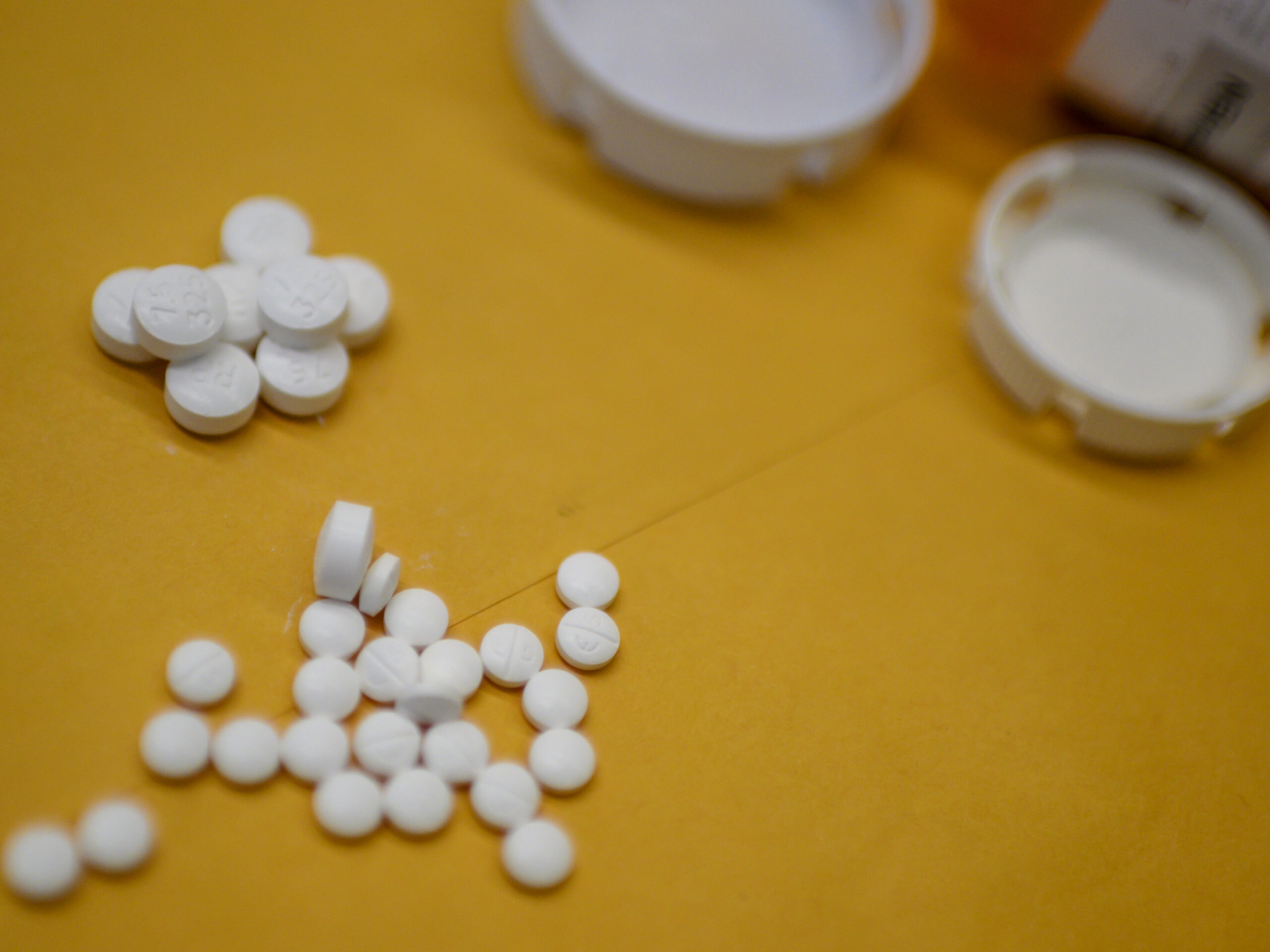Addiction has been called a “disease of isolation.” That’s one reason addiction experts believe the COVID-19 pandemic is making life more difficult for those seeking treatment.
Even before the pandemic, 19.7 million American adults have dealt with some sort of alcohol or drug addiction, according to the latest data from the National Survey on Drug Use and Health.
Now, advocates say they have seen a rise in demand for resources.
On Thursday’s edition of “Closer Look,” Neil Campbell, the executive director of the Georgia Council on Substance Abuse, told host Rose Scott the organization’s CARES Warm Line has received a higher number of calls during the COVID-19 pandemic.
As a result, the non-profit has pivoted to create more online resources for those in recovery — such as virtual AA meetings.
“Once we had the stay-at-home order, it got pretty scary,” said Campbell. “And, actually I’ve been in recovery 30 years and I went to my first virtual 12-step meeting.”
Still, for those without access to the internet — such as those in rural areas, the elderly or the homeless — connecting is a challenge. Campbell fears this will have long-term consequences.
“There’s a fear that once this is over we are going to start seeing that we really had some devastation,” Campbell said. “The epidemic around substance use disorder, around opiates, around methamphetamine did not stop just because of the COVID virus. People are out there still struggling.”
Beverly Ragland, manager of the CARES Warm Line, said, above all, it’s important for those coping with addiction to know there are supported.
“It’s so important to know that there is a resource available for support that does not judge, there’s no stigma attached, and it’s free.”
If you or someone you know is struggling with substance abuse, you can reach the CARES Warm Line at 844-326-5400.









